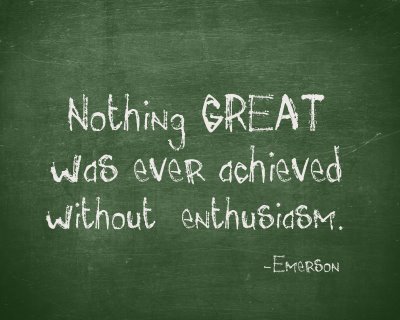“A healthy company culture encourages people to share bad news. A company that discusses its problems freely and openly can quickly solve them. A company that covers up its problems frustrates everyone involved” – says Ben Horowitz in his book ‘The Hard Thing About Hard Things’.
 I have observed numerous times how cover-up cultures finally lead to disaster. The role of the leader is essential in that respect. Ben Horowitz continues: “The resulting action item for CEOs: Build a culture that rewards— not punishes— people for getting problems into the open where they can be solved“. In other words, don’t shoot the pianist!
I have observed numerous times how cover-up cultures finally lead to disaster. The role of the leader is essential in that respect. Ben Horowitz continues: “The resulting action item for CEOs: Build a culture that rewards— not punishes— people for getting problems into the open where they can be solved“. In other words, don’t shoot the pianist!
That leadership approach is incompatible with control-and-command styles in particular when terror is part of it. It is easy to find out on what side an organization lies: just listen to people speak about senior management and whether they can be heard when they raise issues.
Of course it is also important to celebrate the good news when they happen. That should not be forgotten either, because the organization should not just look at issues. Some leaders fall in that trap as well.
Still, cover-up is not a sustainable proposal. Candidness is, and I have found over time that it is better to raise issues even if it can lead to being shot in the short term. If your leadership can’t bear bad news and goes up to dismissing you, it might not be worth staying anyway.











